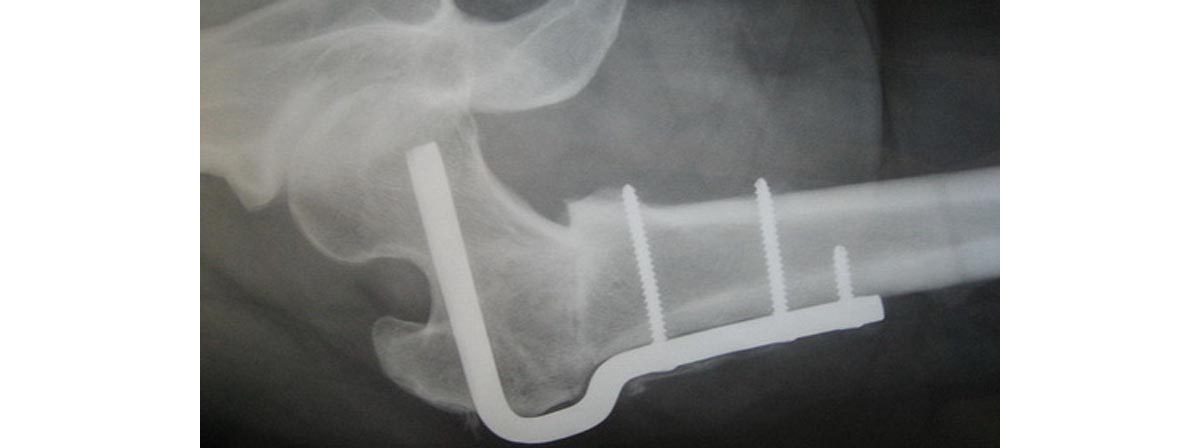Table of Contents
You may be an adult already diagnosed with hip dysplasia, an adult with apparent hip problems but with no diagnosis, or the worried parent of a child diagnosed with hip dysplasia simply wanting a glimpse of what the future may bring.

Your doctor is invaluable in all these situations. Parents of kids who were recently diagnosed with hip dysplasia will already have an appropriate doctor at their side, while adults may need to see their family doctor to be referred to a specialist. If this is you, do not ignore your symptoms and instead seek timely medical advice.
If you are a teen or adult with hip dysplasia, your first noticeable symptom may either be hip pain or a limp. In some cases, you may also hear or feel clicking or popping as you walk or move your legs.
Your pain may be located at the front or back of your groin, on one side if only one hip is affected. Since your hip dysplasia may cause you to walk differently than is typical, these adaptive techniques may also cause you to suffer pain in other parts of your leg, such as your knee, or on the side that is not affected by hip dysplasia. Your pain is likely to get worse and more frequent with time.
It is important to note that these symptoms can have other causes too. If you were already diagnosed with hip dysplasia as a child, the probable cause is obvious. If not, other diagnoses are also quite possible.
Hip Dysplasia Treatment In Adults
Once you have been diagnosed and the extent of your hip dysplasia becomes clear, there are various treatment options.
Hip preservation surgery, known as periacetabular osteotomy or PAO for short, is a surgery that involves reorienting the hip socket to bring it into a better position to cover the femoral head. This is the ball of the thigh bone that should be inside the hip socket.
After this is done, screws are placed into the hip socket to hold the femoral head in place while you heal. In some cases, cuts are made in the bone to facilitate a better hip alignment. This surgery is often performed in hip dysplastic adolescents and young adults and is very successful if not too much damage was done to the hip cartilage. If you don't suffer from bad arthritis, PAO may be an option even if you are already in your forties.
Joint replacement surgery, or arthroplasty, is suitable for adults with more extensive damage. It relies on artificial parts to replace the damaged joint, either only in part (“hip resurfacing”) or the traditional hip replacement.
Non-surgical options may also help you. Adults who are overweight benefit from weight loss. Sports like swimming and cycling will support your hip joint rather than causing further damage — you may need to avoid high-impact sports that place pressure on your damaged hip joint, in consultation with your physician.
Joint injections to slow down damage and specialized physical therapy can also be of help to many adults with hip dysplasia, either as an alternative to surgery, in order to delay surgery, or while you are on a waiting list for a surgical option.
Some hip dysplastic adults use yoga to maintain flexibility and acupuncture to reduce their pain. Alternative treatments may help you, but it's important to talk to your doctor to make sure that any physical activities you engage in do not actually speed up damage done to your hip joint.
Pain killers are often mentioned as a disease management option for canine hip dysplasia — in other words, for dogs. I don't see it mentioned for humans very often, but over-the-counter or prescription pain medications may certainly be a viable option for you... at least while you wait for a more permanent solution. Talk to your doctor about pain relief options if you are interested.
- Photo courtesy of Pedro Simões by Wikimedia Commons : commons.wikimedia.org/wiki/File:Hip_horizon.jpg
- Photo courtesy of Thiemo Schuff by Wikimedia Commons : commons.wikimedia.org/wiki/File:Saeugling_mit_angelegter_spreizhose.jpg
- Photo courtesy of Hip2PAOFO by Wikimedia Commons : commons.wikimedia.org/wiki/File:FO_after.jpg
- en.wikipedia.org/wiki/Hip_dysplasia_(human)
- http://www.hipdysplasia.org/
- http://pediatrics.aappublications.org/content/105/4/896
- www.mayoclinic.org/hip-dysplasia/


Your thoughts on this